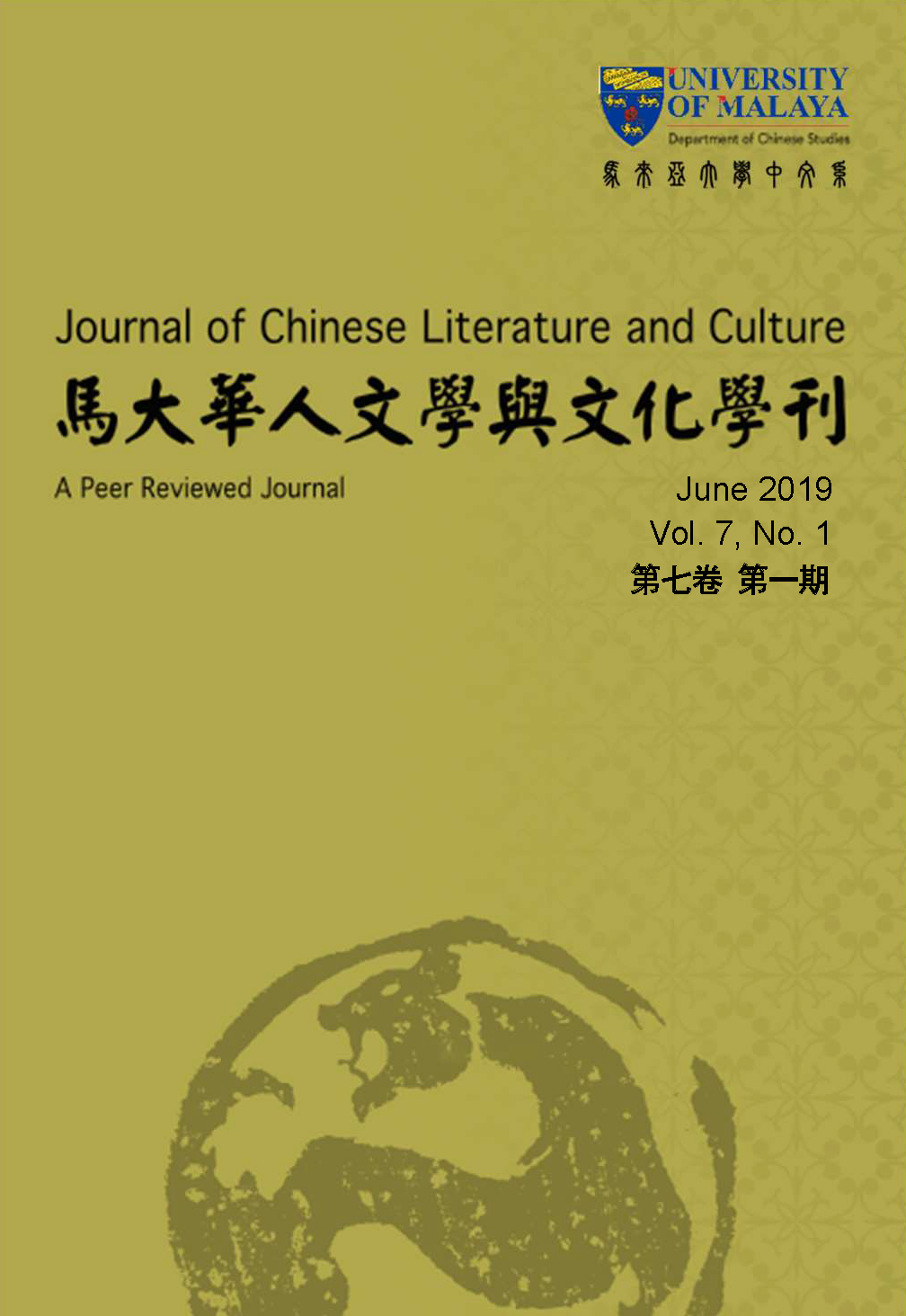The Causality of the Regime Change in Malaysia Barisan Nasional’s Authoritarianism and its Malfunction in the 14th General Election
Main Article Content
Abstract
This paper examines the causality of the regime change and clarifies the conditions in which the authoritarian government in Malaysia collapsed in the 14th general election. Barisan Nasionalʼs 61-year authoritarian regime necessitates the following two parts, namely: (1) populism targeting at Malay voters to retain their political loyalty, and (2) an electoral system marginalising votes of opponents such as Chinese voters, and urban voters. This paper analyses the electoral data of the 14th general election to explain the reason why these two parts did not work advantageously for Barisan Nasional. The analysis is conducted with a two-step analysis. Firstly, the author uses a regression analysis to examine the voting behaviour in Malaysia. Secondly, the process in which votes are converted into seats is examined. The findings show that in the 14th general election, while Chinese votes, and urban votes were cast to Pakatan Harapan, Malay votes, and rural votes were split between Barisan Nasional and PAS. In the 13th general election, due to the winner-take-all First-Past-The-Post electoral system, together with the allocation of electoral districts in which percentages of Malay voters exceed Chinese voters, not a few Chinese votes were marginalised as wasted votes. In the 14th general election, due to the split of the Malays, Malay votes were wasted, and Chinese votes became, on the contrary, strongly influential towards the electoral result, helping Pakatan Harapan become the majority. In addition, this paper examines differences in the voting behaviour among Malay voters and finds that the authoritarian regime of Barisan Nasional had to retain Malay votes by distributing economic merits to them. It is concluded that in the 14th general election, Barisan Nasional could not retain the political loyalty of Malay voters with its authoritarian populism, and simultaneously, it could not marginalise the influence of Chinese voters with its authoritarian electoral system. These two malfunctions of Barisan Nasional’s electoral tactics were the main causality of the regime change in Malaysia.
